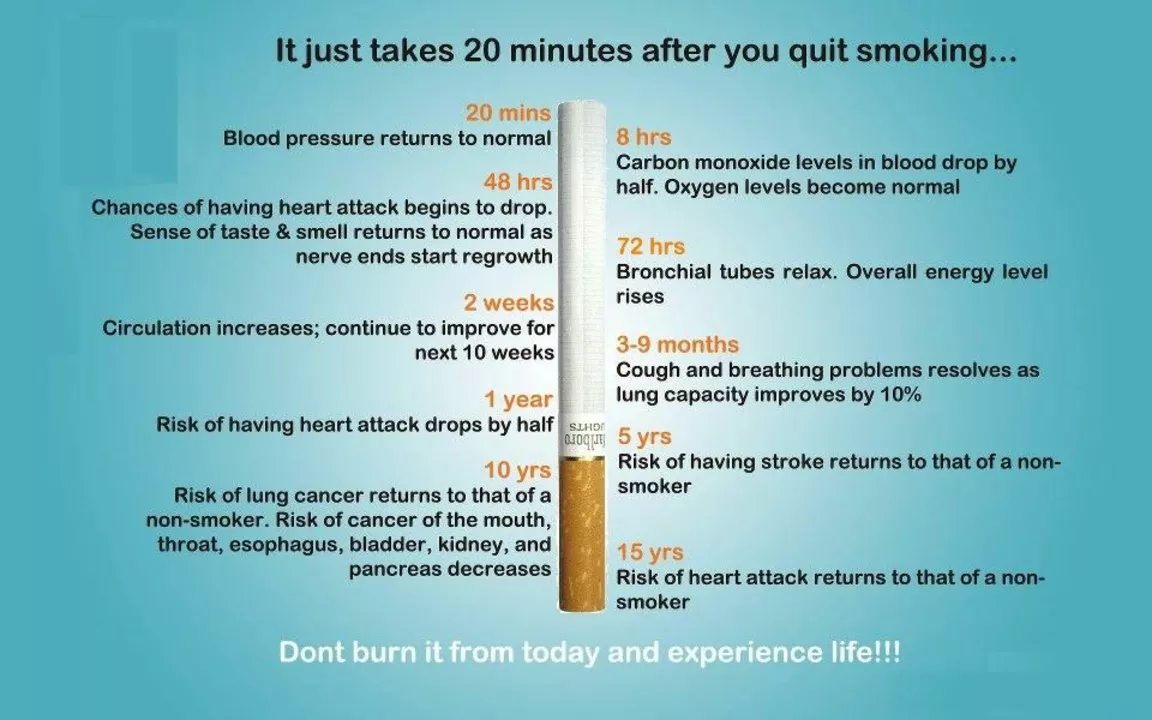Renal failure — what it looks like and what to do
Your kidneys filter about 140 liters of blood every day and keep your body balanced. When they stop working well, waste builds up fast. That’s renal failure. It can come on suddenly (acute) or slowly over years (chronic). Both need attention, and knowing the basics can change outcomes.
How to spot trouble
Watch for these common signs: less urine than usual, swelling in the ankles or face, persistent fatigue, shortness of breath, nausea, and confusion. High blood pressure that’s hard to control and changes in appetite are other red flags. None of these prove renal failure by themselves, but they mean you should see a doctor and get basic tests like blood creatinine, eGFR, and a urinalysis.
Common causes and quick facts
Acute kidney injury (AKI) often follows dehydration, a bad infection, a drop in blood flow (from surgery or shock), or a reaction to certain drugs. Chronic kidney disease (CKD) usually grows from long-term problems — diabetes and high blood pressure are the top two. Other causes include obstructed urine flow (stones, enlarged prostate), autoimmune diseases, and some inherited conditions.
Staging matters. CKD is divided into stages based on eGFR (a measure of kidney filtering). Early stages may have few symptoms. Later stages bring more serious issues and sometimes the need for dialysis or transplant.
Simple tests can catch problems early: a blood test for creatinine and eGFR, urine albumin test, and blood pressure checks. If these show trouble, a nephrologist (kidney doctor) will recommend further steps.
Treatment depends on cause and stage. For AKI, treating the trigger and supporting kidney function often helps the kidneys recover. For CKD, the focus is slowing progression: control blood sugar, lower blood pressure (often with ACE inhibitors or ARBs), manage cholesterol, and treat swelling with diuretics when needed. In advanced stages, dialysis or transplant become options.
Daily actions that protect kidneys: keep blood pressure and blood sugar in target ranges, stay hydrated but avoid excess, limit salt, avoid long-term use of NSAIDs (ibuprofen, naproxen), and talk to your doctor about medication doses if your kidney function is reduced. Quit smoking and keep weight in a healthy range.
When to seek urgent care: sudden drop in urine, severe shortness of breath, chest pain, very low blood pressure, or sudden confusion. For less urgent concerns, ask for a kidney function panel and urine albumin test.
Renal failure sounds scary, but catching issues early and making clear changes can really help. If you have diabetes, high blood pressure, or repeated urinary infections, ask your clinician to check your kidneys. Small steps now can prevent big problems later.
The impact of smoking on renal failure: understanding the risks and quitting strategies
As a blogger, I have recently delved into the topic of the impact of smoking on renal failure, and the findings are quite alarming. It's clear that smoking significantly increases the risk of kidney disease, with some studies even suggesting that it can double the chances of renal failure. This is a major concern as it can lead to life-threatening health issues. Thankfully, there are various quitting strategies available, including nicotine replacement therapy, counseling, and support groups, which can help smokers kick the habit and reduce their risk. It's important for us all to be aware of the dangers of smoking on our kidney health and take necessary steps to quit if we're smokers.
The impact of smoking on renal failure: understanding the risks and quitting strategies

As a blogger, I've come to understand the significant impact smoking has on renal failure. Research has shown that smoking can worsen kidney function, increase the risk of kidney diseases, and potentially lead to renal failure. The harmful chemicals in cigarettes damage blood vessels, making it harder for kidneys to filter toxins from the body. Quitting smoking is crucial for reducing these risks and improving overall kidney health. I encourage anyone struggling with this addiction to seek support and explore various quitting strategies, such as nicotine replacement therapy, counseling, and support groups.
